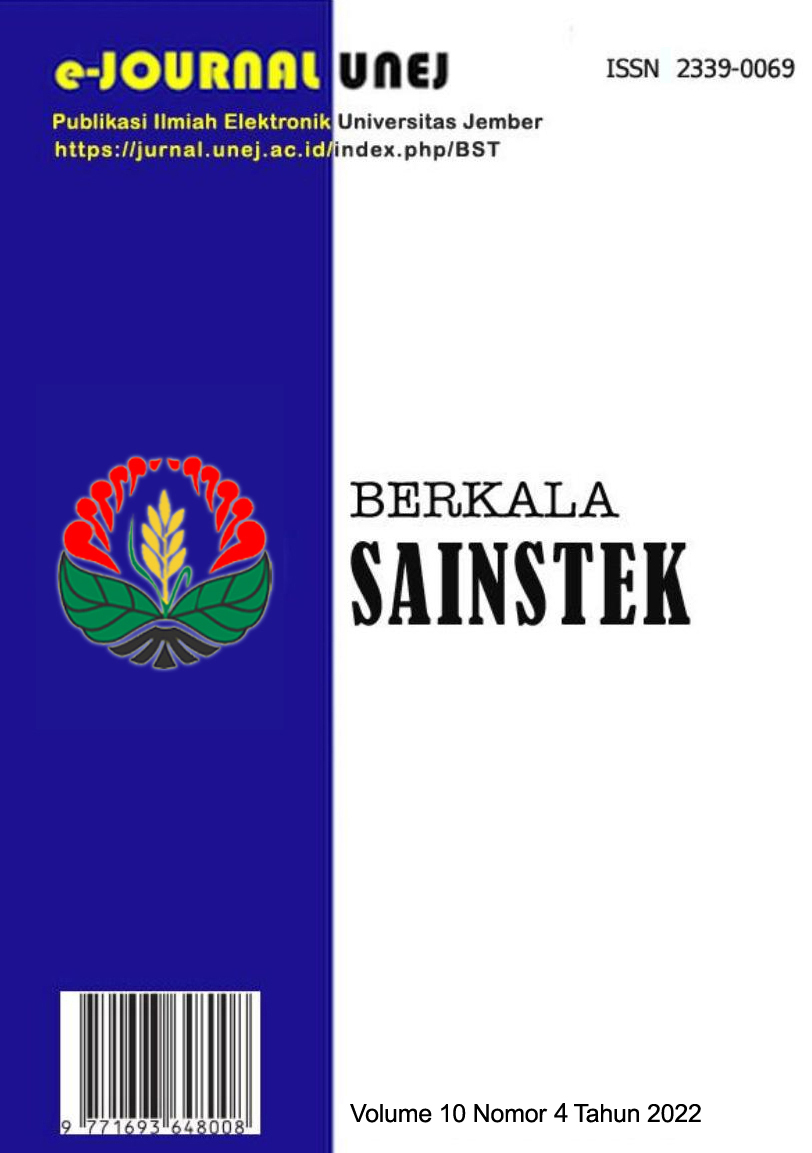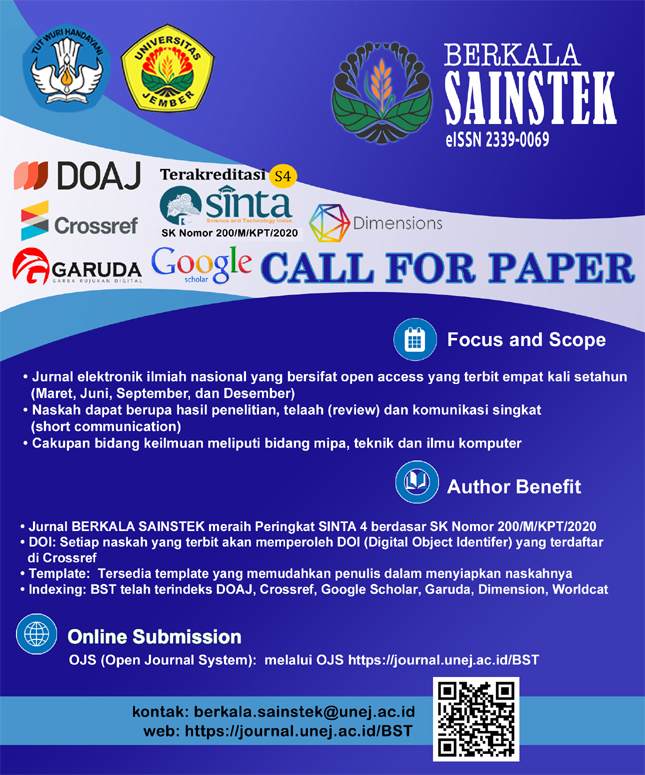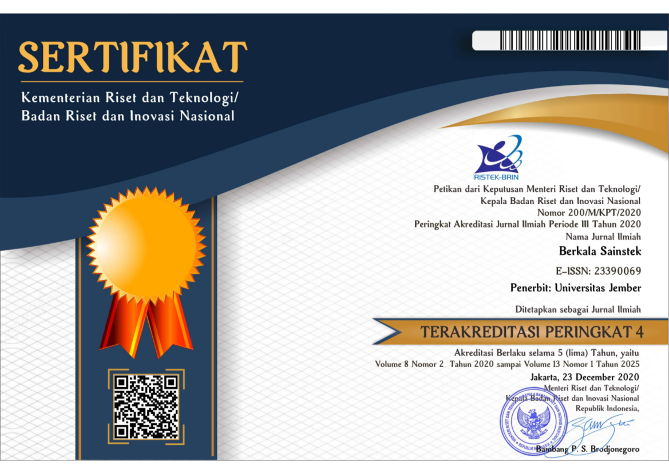Bending Strength of Apus Bamboo Fiber Reinforced Asphalt Composite Materials as Small Ship
DOI:
https://doi.org/10.19184/bst.v10i4.32604Keywords:
Bamboo, Aspalht, Bending TestAbstract
Bamboo is generally widely used as a material or construction material in homes. However, the use of bamboo as a raw material for shipbuilding is not yet available. To make bamboo as a material in shipbuilding, the bamboo is assembled or made into a composite to meet class standards as a material for shipbuilding. In this study, the composites used were apus bamboo fiber and asphalt. The method of making the composite uses the hand lay-up method with variations of 1 layer of reinforcement, 3 layers of reinforcement, and 5 layers of reinforcement. The dimensions of the test specimen size refer to ASTM D 790-3 which is then carried out by bending tests to determine the strength of the material due to loading and the elasticity of the material. Furthermore, the results of the bending test will be analyzed using the Anova method and compared with the standard material class in ship construction. Results Asphalt composite material with apus bamboo fiber has the highest bending test value of 27,068 Mpa and the lowest bending test value of 25,998 Mpa. Based on these results, it is stated that the Bamboo reinforced asphalt (BRA) material has not been able to match and even exceed the Bamboo reinforced plastic (BRP) material in the woven, non-woven and random fiber variants. It is influenced by the diameter, and the strength of the shape between the fiber and the matrix.






